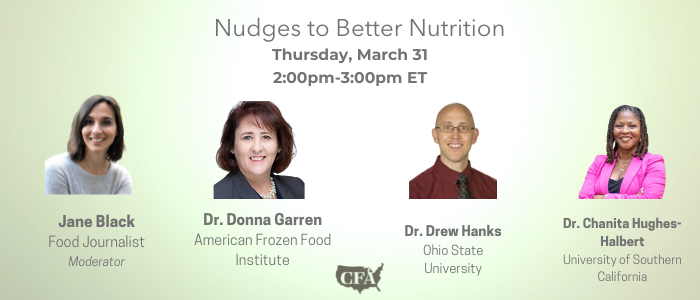Virtual Food Policy Conference Series: Nudges to Better Nutrition
In recent years, an increasing number of healthcare providers have embraced the food-as-medicine movement, incorporating food into treatment regimens for diseases like diabetes and hypertension. But if some foods serve as potent therapeutic drugs, others are susceptible to abuse. Ultraprocessed foods, in particular, have attracted increasing attention for their contribution to diet-related disease, which costs the U.S. billions of dollars per year in medical costs alone. This panel will explore the extent to which ultraprocessed foods resemble products like tobacco, alcohol or cannabis, that are conventionally understood to be addictive and receive special regulatory treatment as a result. To what extent can foods be addictive? How and why do food companies target Black and Hispanic consumers with marketing for ultraprocessed foods? How do policies on ultraprocessed foods relate to advancing nutrition security, and to building a more equitable and just food system? To what extent should policies governing addictive substances apply to foods? A panel of experts will discuss.


